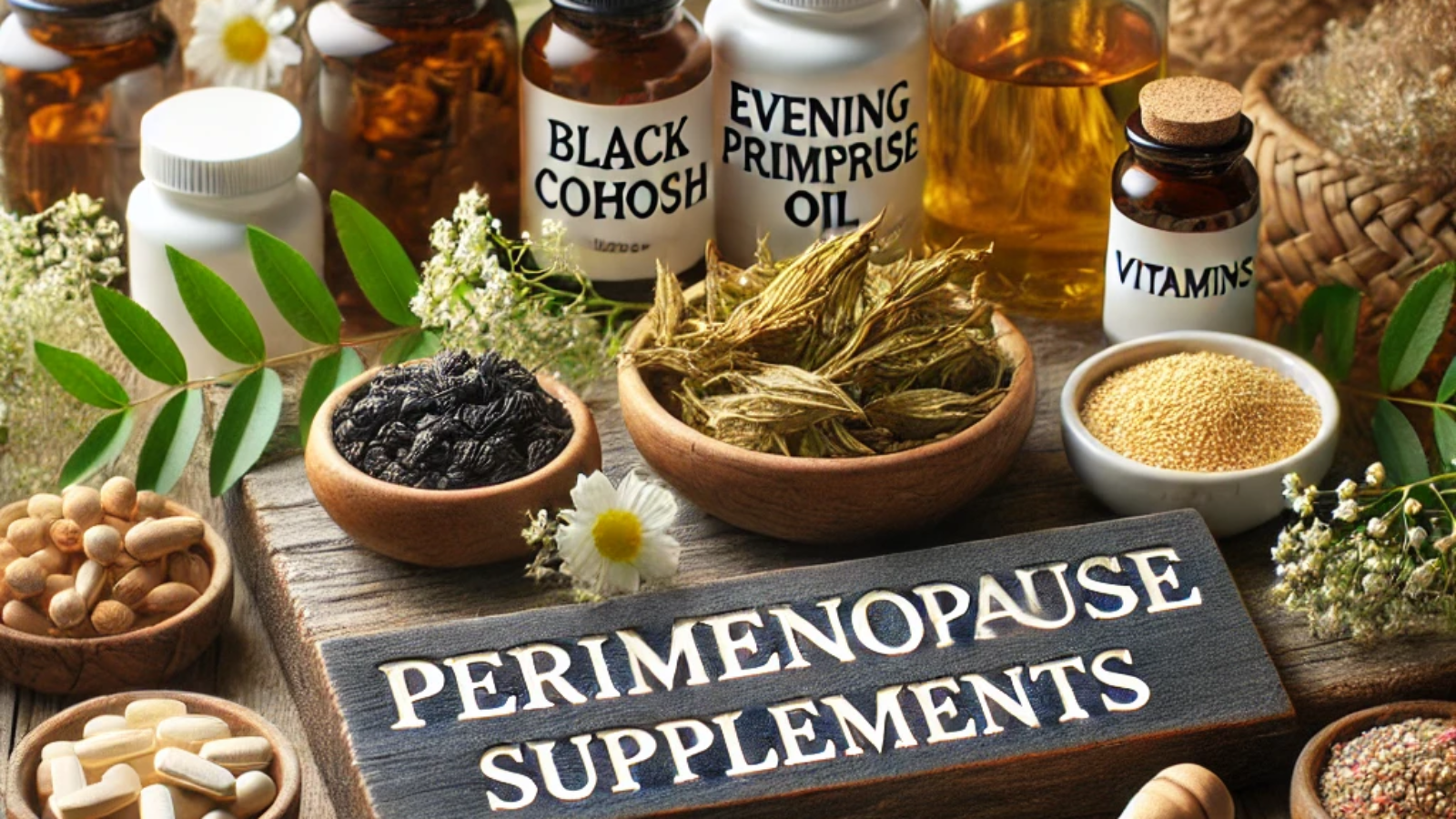Perimenopause Supplements: Navigating a Smoother Transition
Perimenopause, the transitional phase leading up to menopause, can bring about a range of physical and emotional symptoms. While it’s a natural part of aging, many women experience challenges like hot flashes, mood swings, sleep disturbances, and decreased libido. To help alleviate these symptoms and enhance overall well-being during this time, many women turn to perimenopause supplements.
Understanding Perimenopause
Perimenopause occurs when the body’s hormone levels, primarily estrogen and progesterone, begin to fluctuate. This hormonal imbalance can lead to a variety of symptoms. Some common ones include:
- Hot flashes: Sudden bursts of heat that can cause sweating and flushing.
- Night sweats: Similar to hot flashes, but occurring during sleep.
- Mood swings: Emotional ups and downs, including irritability, anxiety, and depression.
- Sleep disturbances: Insomnia, difficulty falling asleep, or waking up frequently.
- Vaginal dryness: Decreased lubrication in the vagina, leading to discomfort during intercourse.
- Decreased libido: Reduced interest in sex.
- Joint pain: Achy joints and muscles.
- Weight gain: Difficulty maintaining a healthy weight.
- Thinning hair: Hair loss or increased shedding.
The Role of Supplements
While lifestyle factors like diet, exercise, and stress management play a significant role in managing perimenopause symptoms, supplements can provide additional support. By addressing specific nutritional deficiencies or hormonal imbalances, these supplements can help alleviate symptoms and improve overall quality of life.
Common Perimenopause Supplements:
- Hormone Replacement Therapy (HRT): HRT involves replacing declining estrogen and progesterone levels. It can be highly effective in managing symptoms like hot flashes, night sweats, and vaginal dryness. However, it’s important to discuss the potential risks and benefits with a healthcare provider.
- Herbal Supplements: Many herbs have traditional uses for balancing hormones and addressing perimenopause symptoms. Some popular options include:
- Black cohosh: Believed to help alleviate hot flashes and night sweats.
- Sage: May reduce hot flashes and improve mood.
- Red clover: Contains phytoestrogens that can mimic the effects of estrogen.
- Dong quai: Traditional Chinese medicine herb used to regulate menstrual cycles and address menopausal symptoms.
- Vitamins and Minerals: Certain vitamins and minerals are essential for hormonal balance and overall health. Consider supplementing with:
- Vitamin D: Important for bone health and hormone regulation.
- Calcium: Essential for bone health.
- Magnesium: Involved in many bodily functions, including hormone production.
- Omega-3 fatty acids: Can help reduce inflammation and improve heart health.
- Probiotics: Supporting gut health with probiotics may help regulate hormone levels and alleviate digestive issues.
- Adaptogenic Herbs: These herbs help the body adapt to stress and can aid in balancing hormones. Examples include ashwagandha, ginseng, and licorice root.
Choosing the Right Supplements
When selecting perimenopause supplements, consider the following factors:
- Your specific symptoms: Choose supplements that address your most bothersome symptoms.
- Dosage: Follow the recommended dosage guidelines or consult with a healthcare professional.
- Quality and purity: Look for supplements from reputable brands that are free from harmful additives.
- Potential interactions: Discuss any potential interactions with other medications or supplements you’re taking.
Lifestyle Factors and Supplements
While supplements can be beneficial, it’s essential to combine them with healthy lifestyle practices:
- Balanced diet: Focus on whole foods, fruits, vegetables, lean proteins, and healthy fats.
- Regular exercise: Aim for at least 30 minutes of moderate-intensity exercise most days of the week.
- Stress management: Practice relaxation techniques like yoga, meditation, or deep breathing.
- Adequate sleep: Aim for 7-9 hours of quality sleep each night.
Consulting a Healthcare Professional
Before starting any new supplement regimen, it’s crucial to consult with a healthcare professional. They can assess your individual needs, recommend appropriate supplements, and monitor your progress.


Add a Comment